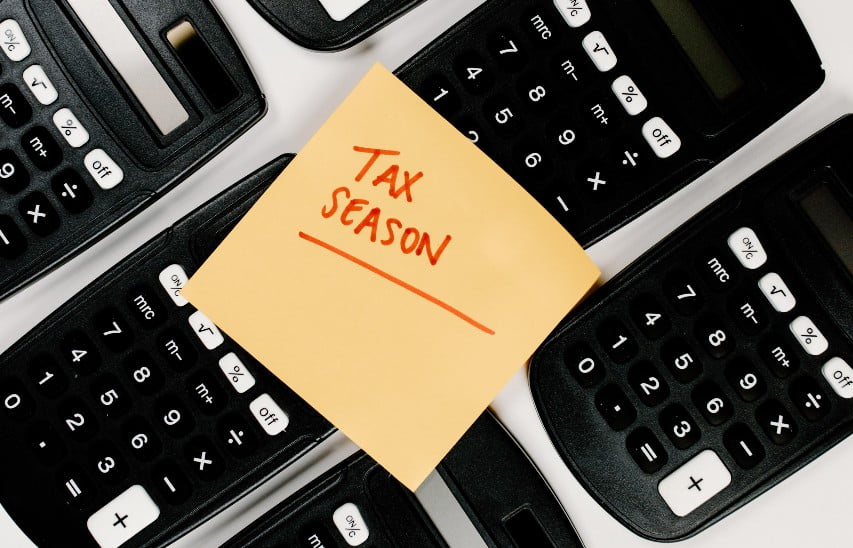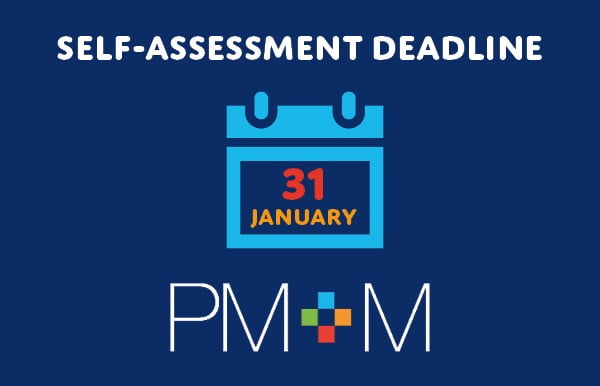According to HMRC, 600,000 taxpayers missed the submission deadline for 2021/22 income tax Self Assessment on 31 January.
If you are one those who is yet to submit their tax return, don’t delay! We recommend submitting your income tax Self Assessment as soon as possible. Although you will still incur the initial £100 fixed penalty, if you delay until the end of February, an automatic 5% penalty will be applied after 30 days (effectively by midnight on 2 March 2023) on any outstanding tax which remains unpaid. Additional 5% penalties can be applied on any tax which is still owed after 6 months and again after 12 months.
Latest statistics from HMRC show that in the period from April 2022 to December 2022, penalty revenues of £529 million were raised across all taxes and duties. A 27% increase from the same period a year prior, and a 72% increase in penalty revenues from the same period two years previous.
The ongoing cost of living crisis and rising interest rates to tackle inflation mean that HMRC may see penalty revenues grow even further over the coming months, with late payment interest due to rise from 6% to 6.5% on 21 February 2023.
If you are unable to pay your tax bill, engaging with HMRC and a trusted tax adviser as early as possible is beneficial and offers the best chance of mitigating financial penalties. There are options available for taxpayers to explore including ‘time to pay’ arrangements to avoid accruing additional penalties, however, late payment interest will still be charged.
Get in touch
If you haven’t submitted your tax return for 2021/22, and need help or advice to avoid incurring further penalties, please speak to your usual PM+M adviser or get in touch by emailing enquiries@pmm.co.uk.




